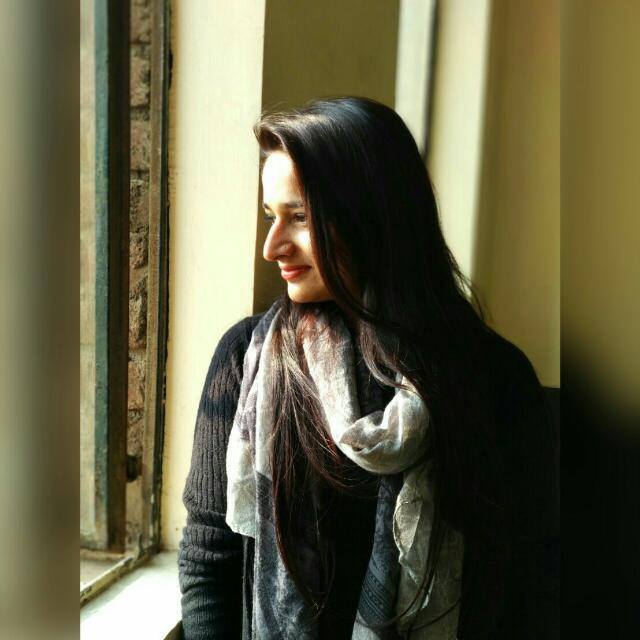TRIPLE TALAQ JUDGMENT: A Critical Analysis By DIVYA SINGH YEAR: 3RD YEAR ( 5TH SEMESTER) COLLEGE: LLOYD LAW COLLEGE (Online Intern @LawOF)
Case Description:
Shayara Bano, a Muslim woman has petitioned the Supreme Court to declare the practice of triple talaq (talaq-e-bidat) to be unconstitutional as it violates her fundamental rights. The court will decide whether these practices are violations of her fundamental rights or otherwise protected by the right to religion.
Background:
Shayara Bano was married to Rizwan Ahmed for 15 years. In 2016, he divorced her through instantaneous triple talaq (talaq -e bidat). She filed a Writ Petition in the Supreme Court challenging the constitutional validity of three practices – talaq-e-bidat, polygamy, nikah-halala – for violating Articles 14, 15, 21, 25 of the Constitution.
Talaq-e- bidat is a practise which gives a man the right to divorce to his wife by uttering ‘talaq’ three times in one sitting without his wife’s consent. Nikah Halala is a practise where a divorced woman who wants to remarry her husband would have to marry, and obtain divorce, from a second husband before she can go back to her first husband. And polygamy is a practice which allows Muslim men to have more than one wife.
The court in its Feb 16th order asked Shayara Bano, the aggrieved petitioner, the Union of India, women’ rights bodies and the All India Muslim Personal Law Board (AIMPLB) to give written submissions on the issue of talaq-e- bidat, nikah-halala and polygamy. The Union of India and the women rights organizations like Bebaak Collective and Bhartiya Muslim Mahila Andolan (BMMA) have supported the petitioner’s plea that these practices are unconstitutional albeit on different grounds. The AIMPLB has argued that uncodified Muslim personal law is not subject to constitutional judicial review and that these are essential practices of the Islamic religion and protected under Article 25 of the Constitution.
After accepting the Shayara Bano’s petition, the Apex Court formed a 5 judge constitutional bench on 30th March, 2017. The first hearing of the bench started on 11th May, 2017.
Issues:
(1) Whether the practice of talaq-e-bidat (or more specifically instantaneous triple talaq) are essential practices of the Islamic religion?
(2)Whether such practices violate any fundamental rights guaranteed under the Indian Constitution?
After her husband gave her triple talaq in October 2015, Shayara Bano approached the Supreme Court in 2016, challenging the validity of the divorce practices against women followed by Muslims. Shayara is a 35-year-old woman from Uttarakhand’s Kashipur area and was married for 15 years before she was divorced. In her petition, Shayara asked the apex Court to declare talaq-e-bidat , polygamy and nikah halala illegal and unconstitutional on the grounds that they violate the rights guaranteed by the Constitution under Articles 14, 15, 21 and 25. However, her husband opposed Shayara’s plea on the ground they were governed by Muslim Personal Law and all three practices are sanctified provisions under the very same law.
The Constitution bench headed by Chief Justice JS Khehar is hearing seven petitions, including five separate writ petitions filed by Muslim women, challenging the practice of triple talaq prevalent in the community and terming it unconstitutional. The apex court had on its own taken cognizance of the question whether Muslim women faced gender discrimination in the event of divorce or due to other marriages by their husbands.
Five judges from five different communities heard the triple talaq case in the Supreme Court. They are Chief Justice JS Khehar (Sikh), Justices Kurian Joseph (Christian), Pime Minister Narendra Modi, on April 29, appealed to the Muslim community to do away with triple talaq and urged them to not politicise the matter.
Then Union minister Venkaiah Naidu said the Muslim divorce system “hampered the right of equality and right of women to live with dignity.” Another BJP leader Subramanian Swamy said triple talaq as a practice is not present in the Quran and any Shariat can be modified.”RF Nariman (Parsi), UU Lalit (Hindu) and Abdul Nazeer Musli Today, the SC will deliver verdict on whether the Muslim practice of triple talaq is in line with the Constitution and fundamental to Islam. On May 15, the apex court refused to hear all the three cases of polygamy, nikah and halala together, saying “it will focus on one matter at a time).
Muslim organisations like the All India Muslim Personal Law Board (AIMLPB) opposed the court’s adjudication in Islamic matters, maintaining that these practices stemmed from the Holy Quran and were not justiciable. On March 27, the AIMPLB told the apex court that pleas challenging such practices among Muslims were not maintainable as the issues fell outside the realm of the judiciary.
 1571
1571


3 comments
Comments are closed.